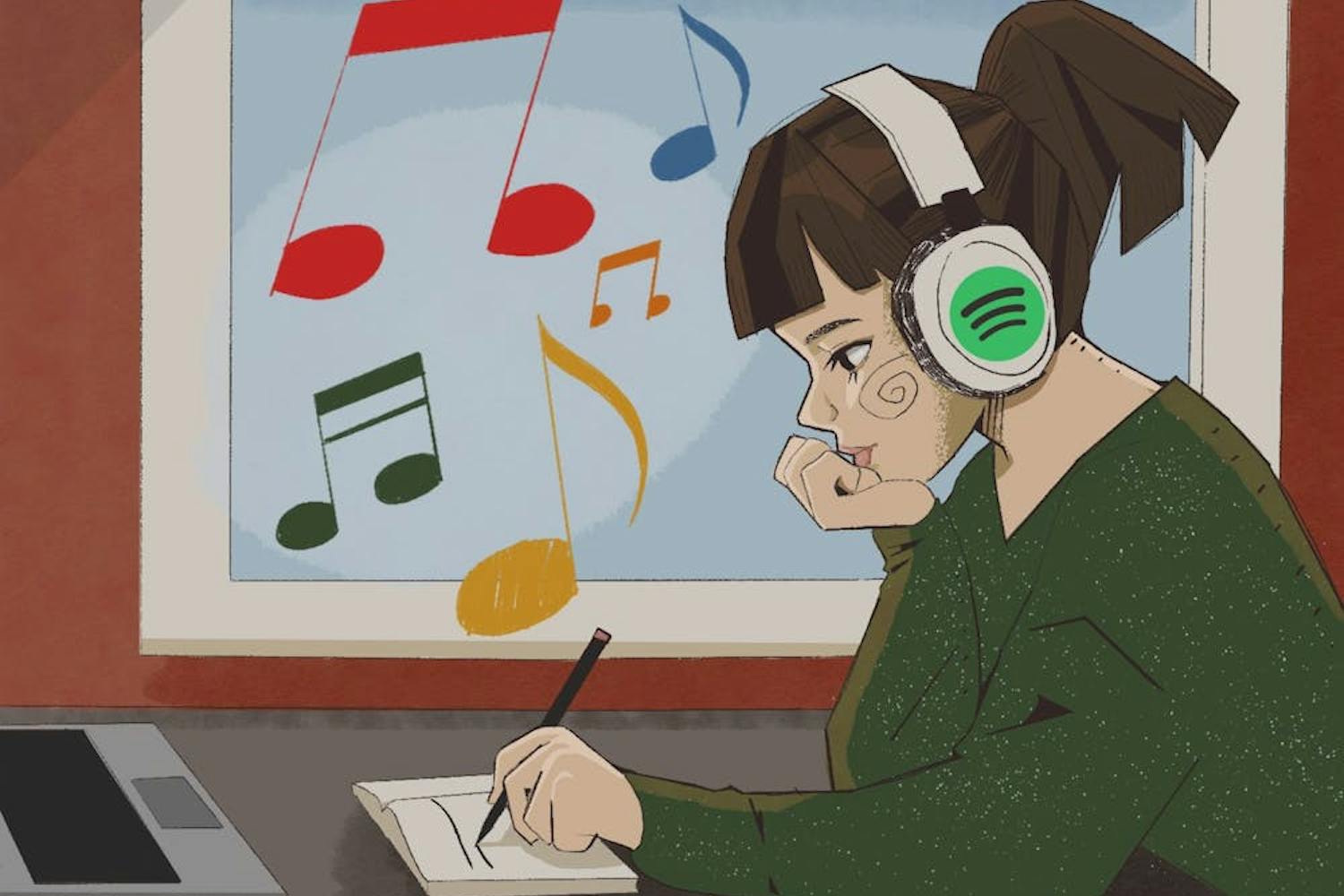Being a woman can be hard.
Last weekend, a girl friend and I went out to Mill Avenue, and what is widely considered a rite of passage for ASU students turned instead into an exercise in gender roles.
As we navigated our way through a sea of men trying to buy us drinks and incessantly hurling carefully crafted pick-up lines at us, I felt uncomfortable. My unease stemmed not from what I felt pressured to do, but what I felt pressured to say.
As more men crept closer, we reminded ourselves that this was to be expected of a weekend on Mill. “Don’t be rude,” I thought. “Just smile and nod and make a stealthy exit.”
Why were we having such a hard time being blunt about our feelings? Why couldn’t we simply tell these guys to buzz off without feeling guilty about it?
Last week, The New Republic published a story about the normalization of harmful behaviors and appropriation of gender dynamics that could eventually lead to rape.
Based off of a new study titled “Normalizing Sexual Violence” author Heather Hlavka of Marquette University found that girls were dismissing red flags and unacceptable behavior and in turn, underreporting sexual assault and harassment.
“They grab you, touch your butt and try to, like, touch you in the front, and run away, but it’s OK,” said one 13-year-old girl in the study. “I never think it’s a big thing because they do it to everyone.”
Thinking back, my dismissal of lewd and lascivious behavior by boys has gone back all the way to the playground days. Of course, I’m not suggesting that every young boy who acts out in this way in grade school be branded for sexual harassment, but it’s worth noting the effect this is having on young women.
Every woman knows the double-edged sword that is sexual politics. There is a delicate science to acting appropriate in any given situation versus acting too tight-laced in order to avoid being branded a name either way. But how long can this go on? How can we expect to mold young women into independent, successful adults if we expect too much of them on either end of the spectrum?
“The sexual scripts culturally available to girls largely exclude sexual desire and pleasure,” and that girls are taught they have to be “gatekeepers” while boys learn that it’s OK to “work a ‘yes’ out” from someone who’s resisting," Hlavka said.
This disconnect can often breed fear and a lack of self-confidence in other areas of our lives, Last week, The Atlantic ran a feature titled "The Confidence Gap" which examined the differences between men and women and the role confidence plays in their success.
"(T)here is a particular crisis for women — a vast confidence gap that separates the sexes," wrote Katty Kay and Claire Shipman. "Compared with men, women don’t consider themselves as ready for promotions, they predict they’ll do worse on tests and they generally underestimate their abilities. This disparity stems from factors ranging from upbringing to biology."
With so much pressure foisted onto women to excel in their careers and behave appropriately in their social lives, it's a wonder that more of them haven't collapsed under the insane standards set by society.
While I don't believe that this is a problem that can be remedied without educating both sexes, it's something women need to be conscious of first.
No matter their age or status in life, women have the right to act the way they want and when they want. To reinforce behaviors that say otherwise will only continue to teach women to rationalize violence and low self-esteem and drive a bigger wedge between the sexes.
Reach the columnist at llonghi@asu.edu or follow her on Twitter @lolonghi Editor’s note: The opinions presented in this column are the author’s and do not imply any endorsement from The State Press or its editors. Want to join the conversation? Send an email to opiniondesk.statepress@gmail.com. Keep letters under 300 words and be sure to include your university affiliation. Anonymity will not be granted.



